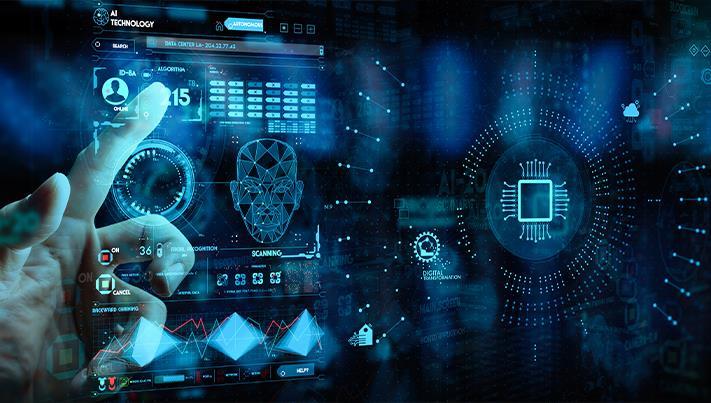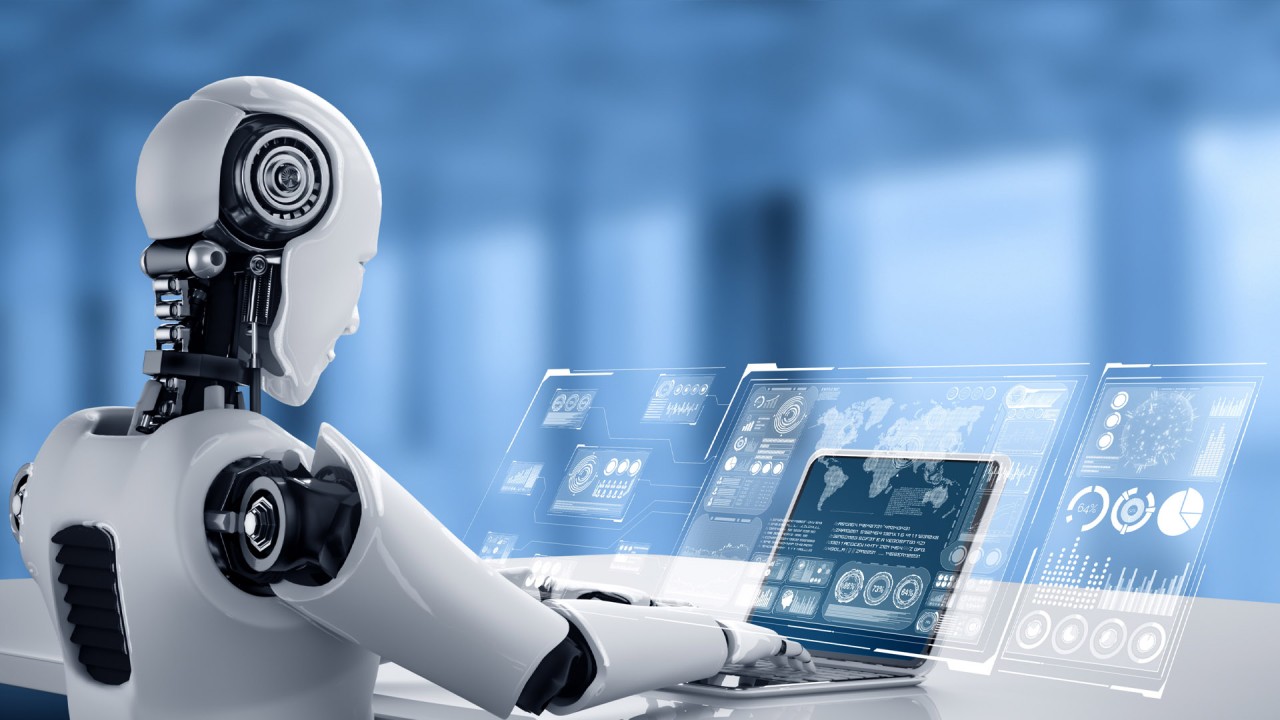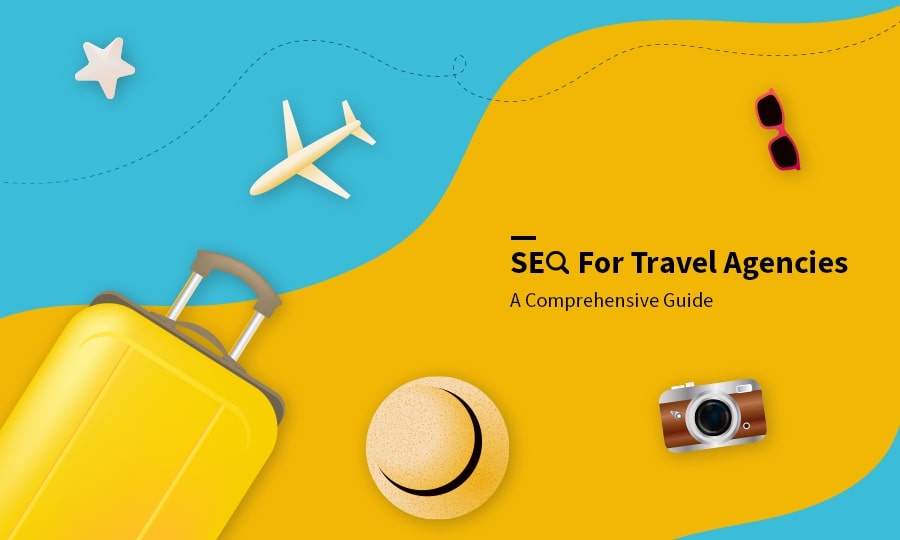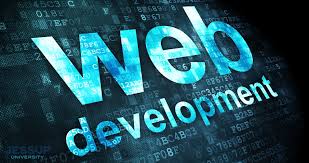
Artificial Intelligence Transforming the Travel Sector
Travel is not an exception; artificial intelligence has been revolutionizing sectors all around the world during the past few years. Starting with streamlining travel to enhance the whole consumer experience, artificial intelligence is altering design, booking, and travel experience. For the tourist as well as for travel-related companies, this kind of customisation has great range. This blog will see how artificial intelligence is changing the travel sector and enhancing customer service, efficiency, and customizing ability.
1. Enhancement of chatbot and virtual assistant efficiency
Among other quite obvious applications of artificial intelligence, the travel industry makes use of virtual assistants and chatbots. These artificial intelligence-powered systems are meant to answer user questions, solve problems, and offer round-the-hour support free from human intervention. Many travel websites and smartphone apps these days, for instance, have chatbots that allow users to search for flights, hotels, or rental cars and even offer recommendations depending on preferences or past reservations.
Siri, Alexa, and Google Assistant are excellent travel friends as well. These artificial intelligence companions help travellers find details about their flight status, weather conditions, or current updates on mode of transportation. This guarantees that consumers may easily and right away get the essential information, therefore removing the need for long lines or assistance staff contact.
2. Personal Travel Guidelines
Artificial intelligence might handle big amounts of data and patterns lost to human sight. For the travel industry, for example, it allows recommendations to be tailored to every type of guest. Using past travel, preference, and even social media data, an artificial intelligence system can suggest sites, accommodations, and activities most likely interesting to a certain type of guest.
Expedia and Kayak are two excellent examples of artificial intelligence systems since they combine study of user behavior with past bookings to enable users with suitable flights, hotels, and other travel bundles. AI algorithms applied in travel businesses also propose vacation packages catered to meet the interests, budget, and schedule of a tourist. Such customizing will make the whole travel experience much more fun and raise the chances of every visitor choosing the ideal trip.
3. Simplify the Travel Booking System
One of the tedious procedures is booking a trip since it requires time to compare price tags among several websites and platforms. Using artificial intelligence helps to ensure that this time is spent effectively in identifying the greatest offers for visitors. An artificial intelligence using machine learning techniques may search large databases to offer the most fairly priced prices on hotels, airlines, and other services passed through.
For instance, Google Flights and Skyscanner employ predictive analytics and prior data to estimate pricing patterns. These systems ensure the best offers by letting their consumers know when the ideal time to book or when costs drop, thus guiding their more intelligent decisions. Budget visitors or those seeking the most value for their money would find this helpful.
4. AI in Airport Operations
Although airports have traditionally been sites of complicated activities, the package goes beyond flights, luggage handling, security inspections, passenger flow. These days, artificial intelligence is rather crucial in ensuring the efficiency of these procedures and lowering of human mistakes. An artificial intelligence system can, for instance, assist with flight delay prediction depending on past performance, real-time weather, and so forth. This helps airlines and airport employees to better prepare and share such strategies with the travellers.
AI is also used in facial recognition systems to find passengers and security-related checks. Since the facial features match the accessible databases instead of the long ID checks, these technologies enable speedier travel across the security points. Artificial intelligence speeds boarding processes and raises security levels since it can more precisely spot threats than the human eye can.
Thirdly, artificial intelligence fits systems of baggage tracking. Artificial intelligence and machine learning-enabled real-time luggage tracking in airports guarantees that the suitcase is delivered at the right place and lowers bag misplacing risk. Passengers also get informed on the track of their belongings, thus any problems with it are resolved.
5. Demand Predicting and Travel Forecasting Driven by AI
Travel-related companies can benefit from artificial intelligence in better understanding demand trends and future projections. Artificial intelligence algorithms could predict periods of significant demand, including holidays or peak seasons, and help hotels, airlines, and travel agencies in changing their pricing policies by means of the analysis of customer behavior and prior data.
AI may, for instance, scan a set of social media trend charts, predict anticipated weather conditions, and display local events most likely inspiring visits to particular areas. This therefore enables companies to predict ahead which offers and promotions their customers will need to satisfy demand and maximize returns for travel agencies.
AI also helps with dynamic pricing—that is, pricing that companies change depending on real-time data. AI can be used, for example, by hotels to raise rates at periods of maximum demand—that of big conferences or celebrations—and provide discounts when demand is less. This adaptability helps the company as well as the tourist since it offers the correct pricing at the correct moment.
6. AI for Travel Security and Safety
In various respects, artificial intelligence is enhancing travel sector security and safety. First, artificial intelligence-powered surveillance systems tracking suspicious activity in public areas such as airports can identify odd behavior suggestive of possible threats. Using facial recognition and behavior analysis, such monitoring examines activity and alerts security staff to respond before it turns into events.
AI also helps to guarantee that visitors are aware of safety concerns such as political upheaval in their destination nations or weather-related interruptions. By alerting travellers about these risks in real time, artificial intelligence technologies enable them to make decisions guaranteeing their safety throughout travel.
Artificial intelligence enables the travel sector to follow safety and health standards. For the COVID-19 epidemic, for instance, artificial intelligence tracked health procedures in airports and other travel hubs. With artificial intelligence, real-time health monitoring, contactless check-in, and temperature scanning, public health concerns are rather more controllable within the travel sector.
7. A Travel Ecological Future
One of the key worries now is the effects of travel on the environment; artificial intelligence greatly facilitates the sector in becoming more ecologically friendly. AI-based tools are reducing carbon footprint and fuel usage by improving flight patterns. Artificial intelligence can suggest the best routes for airlines by means of data analysis from several sources, therefore helping them to save energy and reduce their negative environmental impact.
To maximize energy usage, hotels and resorts also apply artificial intelligence. Based on real-time data, the AI-powered smart building technologies clearly alter the heating, cooling, and lighting energy use. That keeps resource consumption the same while cutting waste.
8. AI's Future of Travel
AI in the travel industry presents fairly interesting future prospects with lots of creative freedom. As artificial intelligence (AI) develops, we will shortly see more sophisticated uses like fully autonomous cars for airport transfers, AI-driven personal travel assistants, and even smarter robots able to handle bags and lead travellers through airports.
AI will surely become even more important in determining the travel business in the next few years. Its ability to enhance consumer experiences, simplify operations, and increase sustainability will keep motivating innovation and open travel to be more accessible, quick, and entertaining for everyone.
Conclusion
Artificial intelligence is changing travel and improving every part of the trip. From boosting customer service with chatbots and virtual assistants to streamlining booking procedures and enhancing airport management, artificial intelligence generates a more individualized and safe travel experience from making travel better. Using AI power, travel companies have not only improved the travel experience but also advanced environmental sustainability and development as well as expansion. Indeed, as more technology develops in this regard, artificial intelligence will surely be very important in expanding travel to satisfy changing needs of companies and consumers.
Related Blog
Creating Perfect Travel Experiences: The Part Played by Web Development in this Process

 Start your Travel Business with Our 7 Day Free Trial Website!
Start your Travel Business with Our 7 Day Free Trial Website!





